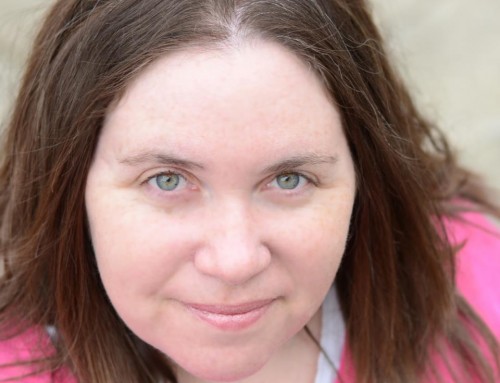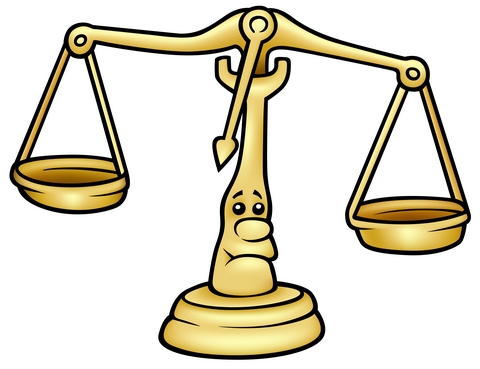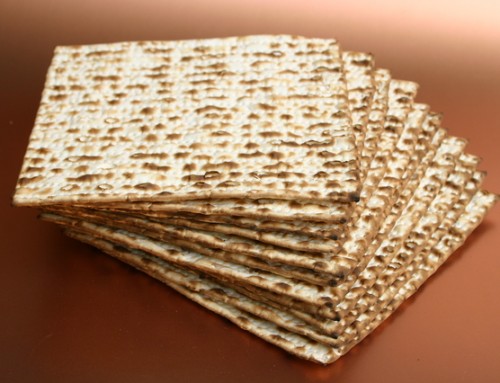The news out of Jerusalem this week is about a 52-year-old ultra-Orthodox woman who just had twin girls (http://www.vosizneias.com/79141/2011/03/21/mea-shearim-rebbetzin-has-twins-after-33-years). The mother had been trying to have children for the past 33 years. And while the family is happy, they are a little disappointed that the children are both girls. They had hoped for a boy to be an heir to the husband’s Rabbinic dynasty.
This story has been banging around in my head for a couple of days because I don’t really know what to do with it. My mother became a grandmother at 52. And while she is, by all accounts, a wonderful grandmother, I don’t think she would ever put herself in the running to parent babies at 52. I wonder if there is an age where you simply say enough. I smile thinking that the term for women pregnant after the age of 35 is “geriatric pregnancy.”
Judaism recognizes and values motherhood, perhaps above all. In the Torah, while our forefathers are out exploring the cosmos, brokering covenants with God, the women are worrying about babies. Sarah was barren. Rebecca was barren. Rachel was barren. Their narrative is about their struggle to have children. “Give me children or I will die,” Rachel laments to her husband Jacob. Often our struggles of self-definition and legacy center around the ability to have a family.
I feel for this woman in Jerusalem. I’d like her to have a name. Modesty, it seems, dictates that she remains nameless in this story.
So, the story reads something like this: an unnamed 52 year-old woman had twin girls. Even after 33 years of trying, there is something bittersweet in the telling of the story because really and truly they wanted a boy. I know that they will love their babies. I just wish they would love them with full abandon.
What do you think? How does the story read to you? Can you identify with her struggles?







Leave A Comment